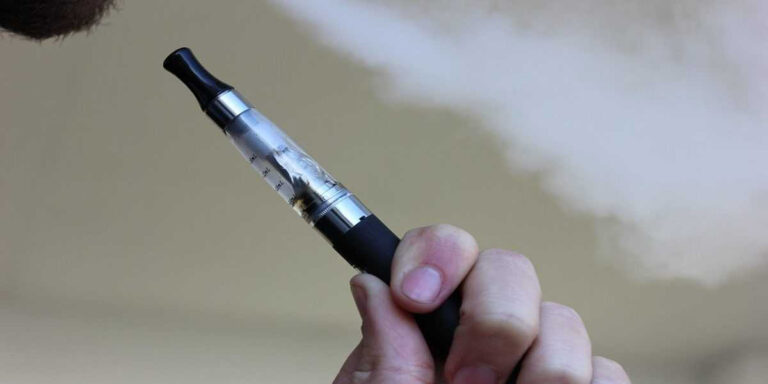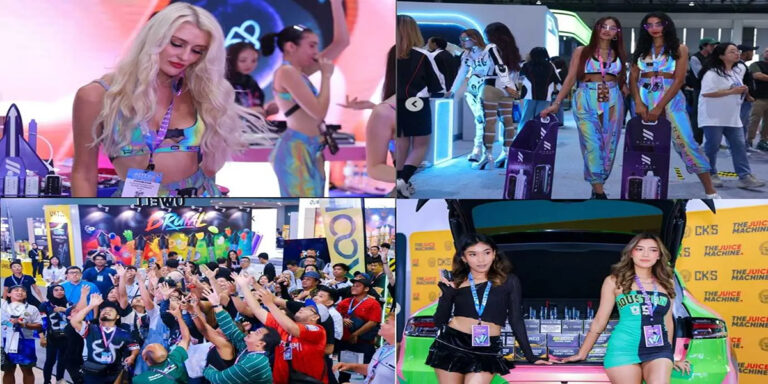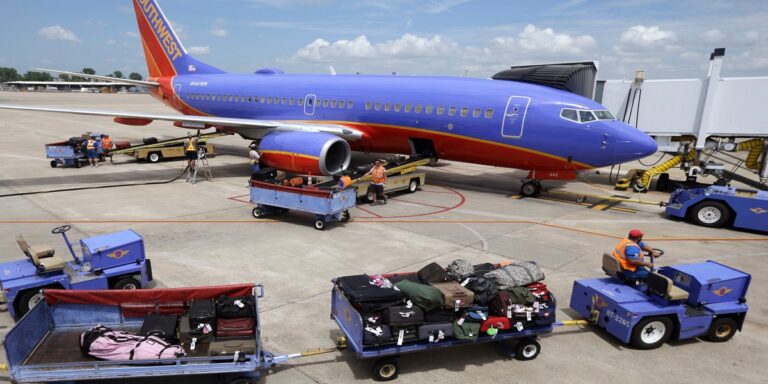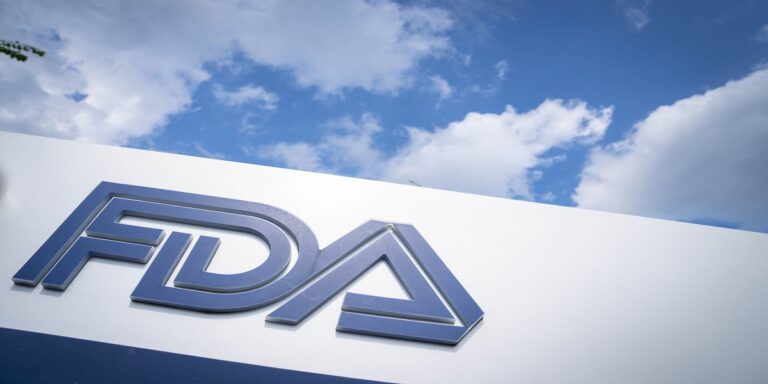On August 15, IPWatchdog reported a significant development in the ongoing trademark dispute between VPR Brands and Shenzhen Weiboli Technology Co., Ltd. over the use of the “ELF” trademark by the “ELFBAR” brand. The U.S. Court of Appeals for the Federal Circuit (CAFC) vacated a lower court’s preliminary injunction that had favored VPR Brands, remanding the case for further proceedings. This ruling underscores critical legal considerations for trademark use in the e-cigarette industry, especially regarding compliance with U.S. Food and Drug Administration (FDA) regulations.
Initial Lawsuit and Injunction
VPR Brands initiated legal action in the U.S. District Court for the Southern District of Florida, claiming that Shenzhen Weiboli’s “ELFBAR” branded e-cigarette products infringed on its “ELF” trademark, potentially causing market confusion. VPR sought a preliminary injunction to prevent Shenzhen Weiboli from continuing to sell the contested products in the U.S.
In defense, Shenzhen Weiboli argued under the “unlawful use doctrine,” asserting that VPR’s “ELF” trademark was invalid because VPR had failed to obtain necessary FDA authorization before selling its e-cigarette products, rendering the trademark use illegal.
Despite this defense, the district court granted VPR’s request for a preliminary injunction, reasoning that such matters fell under FDA jurisdiction rather than the court’s. On February 23, 2023, a federal judge ordered Shenzhen Weiboli to cease selling its ELFBAR e-cigarettes in the U.S., upholding the injunction.
CAFC’s Review and Decision
Shenzhen Weiboli appealed the district court’s decision to the Federal Circuit. The CAFC found that the lower court had erred by not adequately considering Shenzhen Weiboli’s unlawful use defense. The CAFC emphasized that under the “unlawful use doctrine,” trademark use in commerce must be lawful—a principle recognized by the U.S. Patent and Trademark Office (USPTO) and established in various court precedents.
The CAFC determined that the district court had misinterpreted legal principles and failed to properly assess the evidence concerning the unlawful use defense. As a result, the CAFC vacated the preliminary injunction granted to VPR Brands and remanded the case back to the district court for further proceedings.
Implications of the Ruling
Reassessment of Key Issues
The CAFC’s ruling requires the lower court to reassess all pertinent issues, including Shenzhen Weiboli’s unlawful use defense and the conditions necessary for granting a preliminary injunction. The district court must now conduct a more detailed analysis of the evidence presented by both parties to determine whether the unlawful use doctrine applies in this case.
Impact on the E-Cigarette Industry
This ruling has significant implications for the e-cigarette industry, particularly regarding trademark disputes and compliance with FDA regulations. The CAFC’s emphasis on the unlawful use doctrine sets a precedent that could influence future cases involving trademarks in the e-cigarette market. Companies must ensure that their trademark use complies with all relevant laws and regulations, including those enforced by the FDA.
The CAFC’s decision to vacate the preliminary injunction in the VPR Brands vs. Shenzhen Weiboli case underscores the importance of lawful trademark use and compliance with regulatory requirements. As the case is remanded for retrial, the district court will need to carefully examine the evidence and legal arguments to determine the validity of the “ELF” trademark and whether the unlawful use doctrine applies. The outcome of this case could have far-reaching consequences for the e-cigarette industry and trademark law.
FAQs
What was the CAFC’s ruling in the VPR Brands vs. Shenzhen Weiboli case?
The CAFC vacated the lower court’s preliminary injunction that favored VPR Brands and remanded the case for further proceedings, requiring a reassessment of the unlawful use defense.
What is the “unlawful use doctrine”?
The “unlawful use doctrine” states that trademark use in commerce must be lawful. If a company’s use of a trademark violates laws or regulations, the trademark could be deemed invalid.
Why did Shenzhen Weiboli appeal the preliminary injunction?
Shenzhen Weiboli appealed the injunction on the grounds that VPR Brands’ “ELF” trademark was invalid due to unlawful use, as VPR allegedly lacked the necessary FDA authorization to sell its e-cigarette products.
What are the potential implications of this ruling for the e-cigarette industry?
The ruling highlights the importance of complying with FDA regulations when using trademarks in the e-cigarette industry. It could set a precedent for future trademark disputes in this sector.
What happens next in the VPR Brands vs. Shenzhen Weiboli case?
The case has been remanded to the district court for a retrial, where the court will reassess the unlawful use defense and other relevant issues before making a new ruling.


















